
Council of Societies
AIMBE’s Council of Societies: A Collective Voice for Action
As AIMBE’s mechanism to coordinate and enhance interaction among 16 scientific organizations in medical and biological engineering, the Council of Societies:
- Provides a collaborative forum for the establishment of society member positions on issues affecting the field of medical and biological engineering;
- Fosters intersociety dialogue and cooperation, providing a cohesive public representation for medical and biological engineering, and;
- Provides a way to coordinate activities of member societies with the activities of academia, government, the health care sector, industry and the public and private biomedical communities.
The challenges facing medical and biological engineering grow more complex each year. The Council of Societies meets these challenges by assuring that resources from throughout the field – particularly the scientific and management talents of key individuals – are brought together most efficiently in pursuit of critical common goals. The Council, in fact, helps to set those goals by identifying and assessing important issues from within their own membership.
In recent years, the efforts of Council of Societies members have helped AIMBE:
- Assume a leading role in the formation, in 2000, of the National Institute of Biomedical Imaging and Bioengineering (NIBIB);
- Lead advocacy on behalf of The FDA Modernization Act of 1997;
- Press for passage of the Biomaterials Access Assurance Act of 1998; and
- Advocate creation of the National Institutes of Health Bioengineering Consortium (BECON).
Over the past year, Council of Societies members have represented AIMBE in policy-oriented discussions key with officials of:
- National Science Foundation;
- National Institutes of Health/National Institute of Biomedical Imaging and Bioengineering;
- Food and Drug Administration;
- Medical Technology Leadership Caucus;
- House of Representatives Appropriations Committee; and
- Senate Commerce, Science and Transportation Committee
Significantly, since its formation in 1991 the Council of Societies has limited itself to holding forums and conferences on policy matters. The Council of Societies is not involved in any technical conferences, production of journals or other activities that could be viewed as competition with the member organizations.
Membership representation and dues for Council members are based on the size of the individual member society.
The Council of Societies meets each winter at AIMBE’s Annual Event; however other meetings may be planned throughout the year at the discretion of the membership. Major initiatives undertaken at recent Annual Events have included the formulation of committees to address national workforce initiatives, implementing national innovation agendas, developing consensus statements regarding federal research funding levels and assessing the future of bioengineering through analyzing its economic impact.
The Council of Societies and its mission are designed to evolve over time, adjusting to the needs and interests of AIMBE members, and to challenges and changes at all levels in the world of bioengineering.
AIMBE Council of Societies
American Association of Physicists in Medicine
American College of Clinical Engineering
American Society of Agricultural and Biological Engineers
American Society of Mechanical Engineers, Bioengineering Division
American Society for Laser Medicine and Surgery
Biomedical Engineering Society
Engineering in Medicine and Biology Society – IEEE
Institute of Biological Engineering (The Ardell Group)
International Society for Advancement of Cytometry
International Society for Applied Cardiovascular Biology
Society for Biological Engineering – AIChE
Tissue Engineering and Regenerative Medicine International Society of North America

American Association of Physicists in Medicine
The AAPM is a scientific and professional organization, founded in 1958, composed of more than 7000 scientists whose clinical practice is dedicated to ensuring accuracy, safety and quality in the use of radiation in medical procedures such as medical imaging and radiation therapy.

American College of Clinical Engineering
The ACCE goals include: establishing a standard of competence and to promote excellence in clinical engineering practice, promotin safe and effective application of science and technology in patient care, defining the body of knowledge on which the profession is based, and representing the professional interests of clinical engineers.
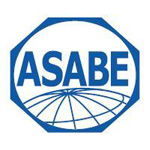
American Society of Agricultural and Biological Engineers
The American Society of Agricultural and Biological Engineers is an educational and scientific organization dedicated to the advancement of engineering applicable to agricultural, food, and biological systems. Founded in 1907 and headquartered in St. Joseph, Michigan, ASABE comprises 9,000 members in more than 100 countries.
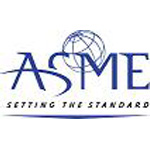
American Society of Mechanical Engineers, Bioengineering Division
The American Society of Mechanical Engineers promotes the art, science, and practice of multidisciplinary engineering and allied sciences around the globe.The Bioengineering Division is focused on the application of mechanical engineering knowledge, skills and principles from conception to the design, development, analysis and operation of biomechanical systems.
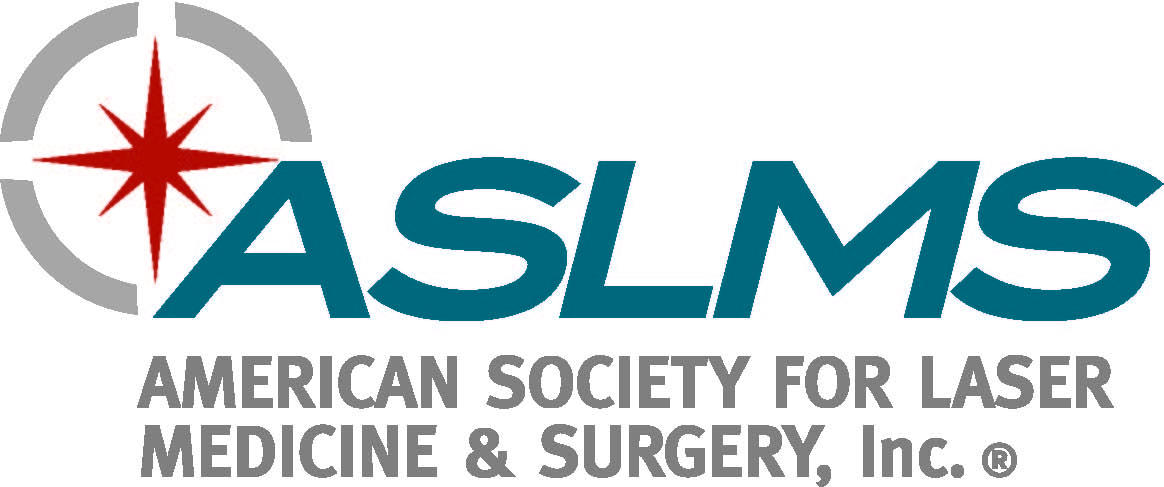
American Society for Laser Medicine and Surgery
The ASLMS promotes excellence in patient care by advancing biomedical application of lasers and other related technologies
worldwide.
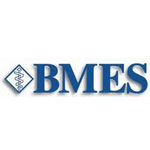
Biomedical Engineering Society
The Mission of the BMES is to build and support the biomedical engineering community, locally, nationally and internationally, with activities designed to communicate recent advances, discoveries, and inventions; promote education and professional development; and integrate the perspectives of the academic, medical, governmental, and business sectors.

The Controlled Release Society is an international, multidisciplinary society dedicated to delivery science and technology. CRS serves members from industry, academia, and government in more than 55 countries worldwide by providing innovative research, targeted networking, and career advancement.

Engineering in Medicine and Biology Society – IEEE
IEEE Engineering in Medicine and Biology Society (EMBS) is the world’s largest international society of biomedical engineers. The organization’s 9,100 members reside in some 97 countries around the world. EMBS provides its members with access to the people, practices, information, ideas and opinions that are shaping one of the fastest growing fields in science.
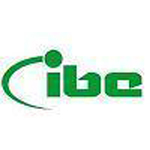
Institute of Biological Engineering (The Ardell Group)
The Institute of Biological Engineering (IBE) is a professional organization which encourages inquiry and interest in biological engineering through scholarshops, professional standards, professional development, and interations between academia, industry, goverment, and the public.
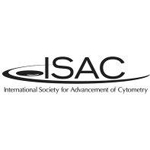
International Society for Advancement of Cytometry
The International Society for Advancement of Cytometry (formerly International Society for Analytical Cytology) is a scientific and educational organization that leads the way in development of cytometry, transfer of new methodologies, and exchange of cutting-edge scientific and technical information in quantitative cell sciences.
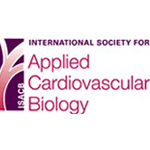
International Society for Applied Cardiovascular Biology
The International Society for Applied Cardiovascular Biology (ISACB) is devoted to enhancing discovery, development and clinical translation of cutting edge biomedical science for innovative, state of the art cardiovascular diagnostic and therapeutic modalities.
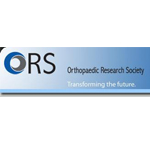
The Orthopaedic Research Society (ORS) is the pre-eminent organization for the advancement of musculoskeletal research. Comprised of more than 2,500 members include biologist, engineers, and clinician scientists, the ORS seeks to transform the future through global multidisciplinary collaborations-focusing on the complex challenges of orthopaedic treatment.
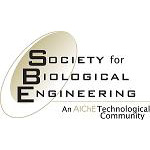
Society for Biological Engineering – AIChE
SBE is the professional association of choice for engineers and applied scientists with interest in the broad area of biological engineering. Organized by prominent leaders in industry, academia, and government, the Society is working to expand the reaches of chemical engineering, build upon the interdisciplinary nature of biological engineering, and provide opportunities for successful connections.
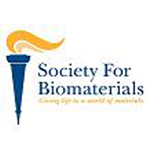
The Society For Biomaterials is a professional society which promotes advances in all phases of materials research and development by encouragement of cooperative educational programs, clinical applications, and professional standards in the biomaterials field.

Tissue Engineering and Regenerative Medicine International Society of North America
TERMIS brings together the international community of persons engaged or interested in the field of tissue engineering and regenerative medicine and promotes education and research within the field of tissue engineering and regenerative medicine through regular meetings, publications and other forms of communication.
 AIMBE
AIMBE
